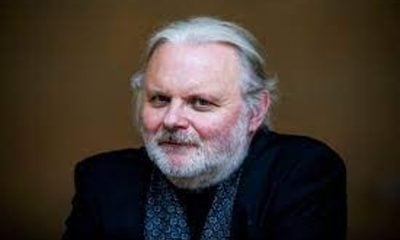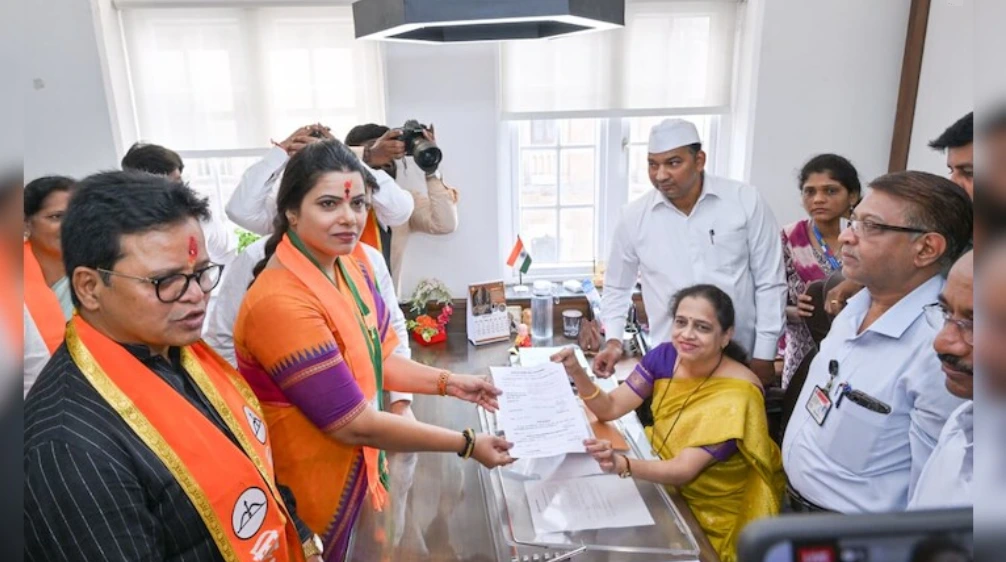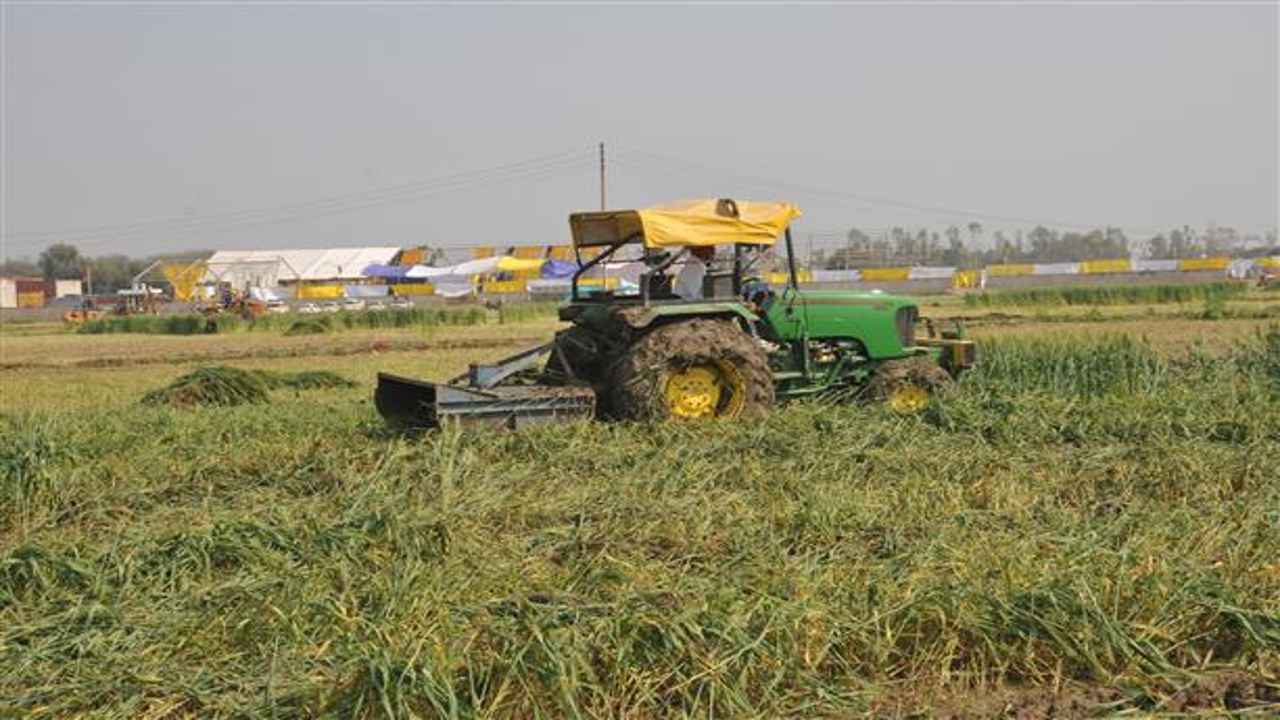[vc_row][vc_column][vc_column_text]Riding on some types of roller-coaster is an effective way of removing kidney stones. This research – “for using roller coaster rides to try to hasten the passage of kidney stones” by Marc Mitchell and David Wartinger – has won this year’s Ig Nobel Prize for Medicine.
The US researchers who carried out the work recommend that those afflicted with the condition should regularly go for roller coaster rides.[/vc_column_text][vc_column_text css=”.vc_custom_1537019764866{padding-top: 10px !important;padding-right: 10px !important;padding-bottom: 10px !important;padding-left: 10px !important;background-color: #a2b1bf !important;border-radius: 10px !important;}”]The Ig Nobel Prize is a parody of the Nobel Prize awarded every autumn to celebrate ten unusual or trivial achievements in scientific research. Since 1991, the Ig Nobel Prizes have been awarded to “honour achievements that first make people laugh, and then make them think.”
They are all genuine studies and nearly all have been published in peer-reviewed journals.
The name of the award, the Ig Nobel Prize is a pun on the word ‘ignoble’ – the opposite of ‘noble’ – meaning “characterized by baseness, lowness, or meanness”.
Organized by the scientific humour magazine, the Annals of Improbable Research (AIR), says Wikipedia, the Ig Nobel Prizes are presented by Nobel laureates in a ceremony at the Sanders Theater, Harvard University, and are followed by the winners’ public lectures at the Massachusetts Institute of Technology.[/vc_column_text][vc_column_text]The inspiration behind the roller-coaster research began several years ago when one of Prof David Wartinger’s patients at Michigan State University’s College of Osteopathic Medicine returned from a holiday trip to Walt Disney World in Florida, said a BBC report.
The patient reported that one of his kidney stones became dislodged after a ride on the Big Thunder Mountain ride. Wondering whether it was caused by the ride or a coincidence, the patient went on the ride several more times and each time a stone popped out.
Intrigued by the story, Prof Wartinger built a silicone model of his patient’s renal system, including artificial kidney stones, and took it with him on numerous rides. He discovered that Big Thunder Mountain was indeed effective – more so than the scarier rides such as Space Mountain or Rock ‘n’ Roller Coaster which involve prolonged drops.
Prof Wartinger concluded that this was because Big Thunder Mountain involves more up and down and side to side movements that “rattle” the rider.
Anthropology
The anthropology prize went to a team that found when chimps try to imitate humans, they do about as well as humans do when they’re imitating chimpanzees.
Biology
The discovery that some wine experts can detect the presence of a dead fly in a glass of wine won a European team the biology prize, while the chemistry award was given to a Portuguese team who tested how well saliva cleans dirty surfaces.
Medical Education
A Japanese doctor who devised a “revolutionary” new way to give yourself a colonoscopy took out the medical education prize.
“If people watch a video of my self-colonoscopy, they think colonoscopy is simple and easy,” said Akira Horiuchi.
Colonoscopies are never pleasant, but some people have more difficulty with them than others. There’s a long tradition of scientists using themselves as guinea pigs—in this case, to explore whether it might be better to conduct a colonoscopy while in a seated versus the usual supine position. That’s just what the recipient did, not just once, but four different times, with varying degrees of discomfort. So even single patients’ experiences can vary. He called for further study comparing seated and supine positions to determine whether the former might be better for problem patients.
Literature
The Literature prize went to an international team prize for finding out that “most people who use complicated products do not read the instruction manual”.
The Investigation was called, Life Is Too Short to RTFM: How Users Relate to Documentation and Excess Features. “RTFM” is an acronym for “read the field manual”, though, according to the researchers, it has gained a ‘new meaning’ by consumers who are often frustrated by the complexity of operation of their product.
Nutrition:
University of Brighton lecturer James Cole’s calculations that proved human meat isn’t as good as animal meat won him the nutrition prize.
“We’re not super nutritious,” he said. Pound per pound, it is not worth eating human flesh compared with other types of meat. This was to analyse the eating practices of early humans, rather than to inform present-day dietary choices.
Economics
For economics, the winner was research investigating whether it is effective for employees to use voodoo dolls to retaliate against bullying bosses. This study showed that taking it out on dolls does alleviate negative feelings, but suggested in the long run that it was better to deal with the underlying issue.
Chemistry
The winner of the Ig Nobel Chemistry Prize went to research that settled the issue of whether human saliva is a good cleaning agent for dirty surfaces. It is – especially for fragile, painted areas on ceramics, and on gold leaf.
Biology
A Swedish team won the biology Ig Nobel for demonstrating that wine experts can reliably identify, by smell, the presence of a fly in a glass of wine – possibly sparking a new genre of jokes involving sommeliers.
Reproductive medicine
The reproductive medicine gong went to a team that used postage stamps to figure out if men’s sexual organs were working properly — as described in their study, “Nocturnal Penile Tumescence Monitoring with Stamps.”
Reporting on this, Ars Technica portal said: “Impotence is embarrassing, to be sure, but it can also be a symptom for more serious conditions (diabetes, lymphoma, or arteriosclerosis, for instance). One way to tell the difference between impotence that’s “psychogenic” and impotence that has an underlying physical cause is whether or not the patient gets erections while sleeping. Sure, you can hook your member up to a strain gauge recorder at night or ask your sexual partner to track your nighttime erections. But it’s so much easier to wrap the “stamp ring” (similar in size to Christmas seals) around it at night and just check to see if the stamp ring broke along the perforations overnight because of an erection.”
Peace
Last but not least, the Ig Nobel Peace Prize went to a Spanish group that aimed to find ways of reducing road rage, in a paper titled, Shouting and Cursing While Driving: Frequency, Reasons, Perceived Risk and Punishment. The team’s solution is to try to reduce stress on the road – a task as sizable as reducing conflict in the Middle East, noted BBC.
Ars Techinca report said: Most of us are inclined to mutter a bit of profanity when stuck in traffic, but roughly one-quarter of us are particularly aggressive when it comes to shouting and cursing at other drivers (especially, it seems, in Spain). The recipients studied the frequency of this behaviour and possible stress factors behind it, as well as the impact on traffic safety.
Most people view such behaviour as relatively harmless, when in fact, that level of aggression is associated with a higher rate of accidents (a major cause of death and injury worldwide).[/vc_column_text][/vc_column][/vc_row]





















